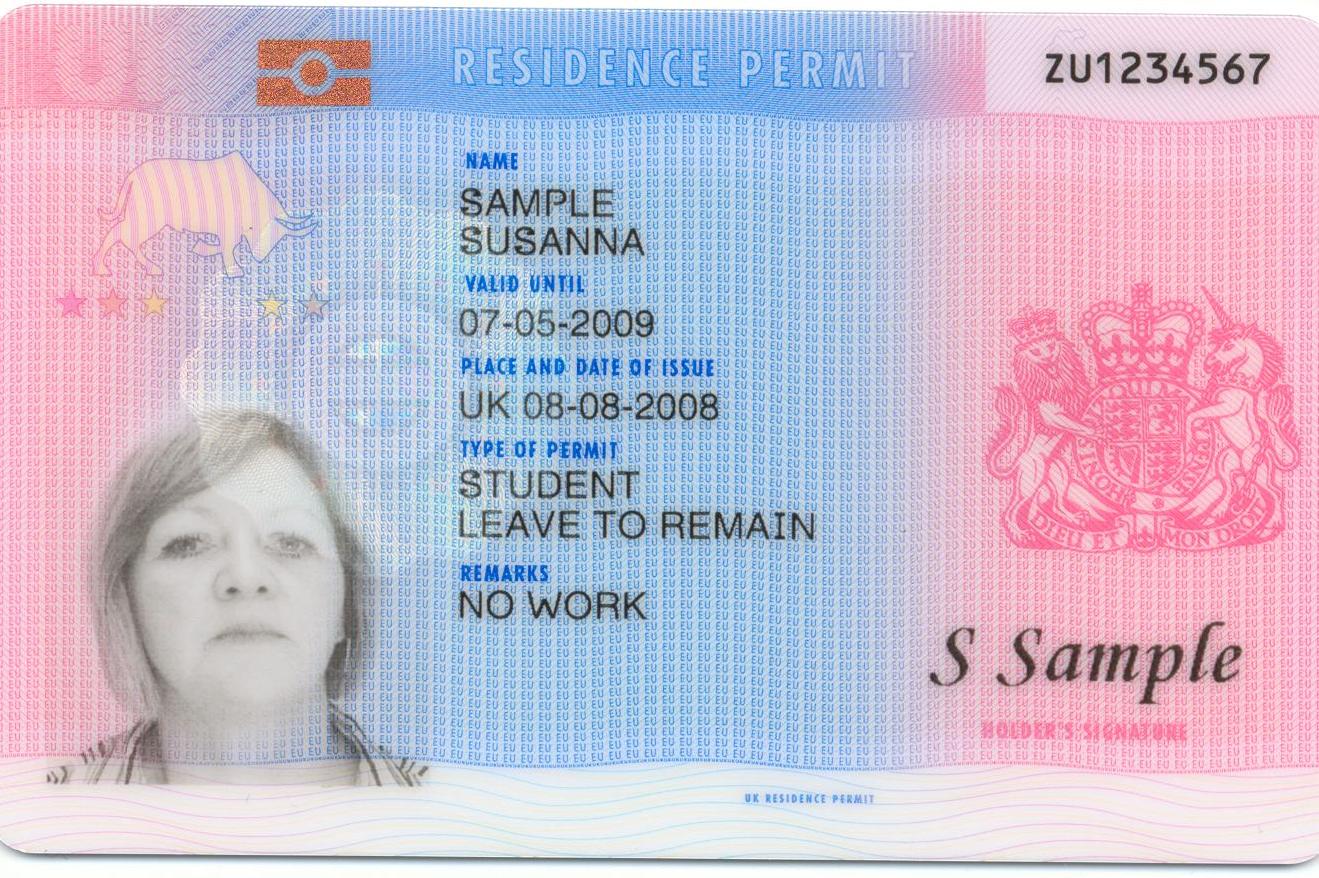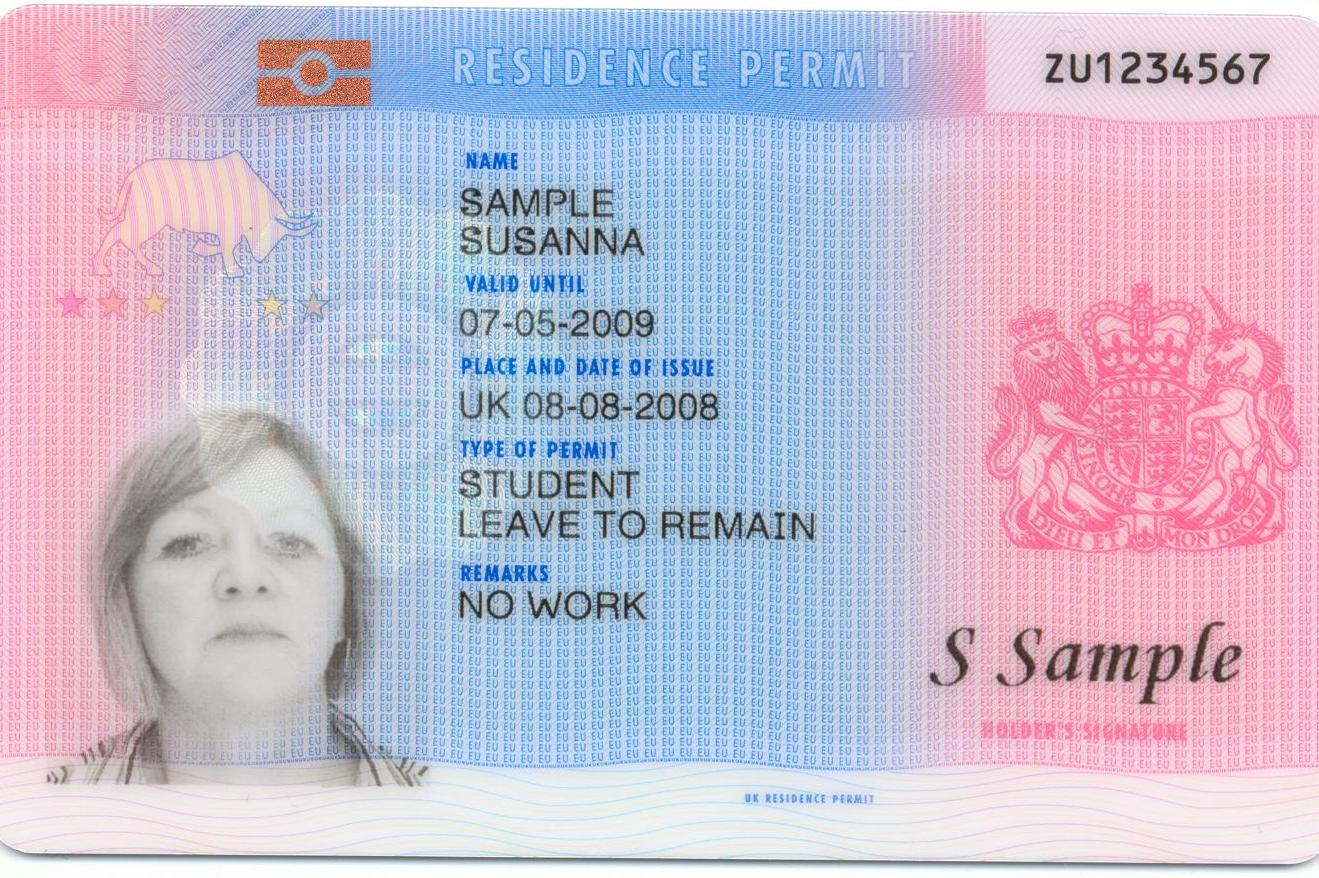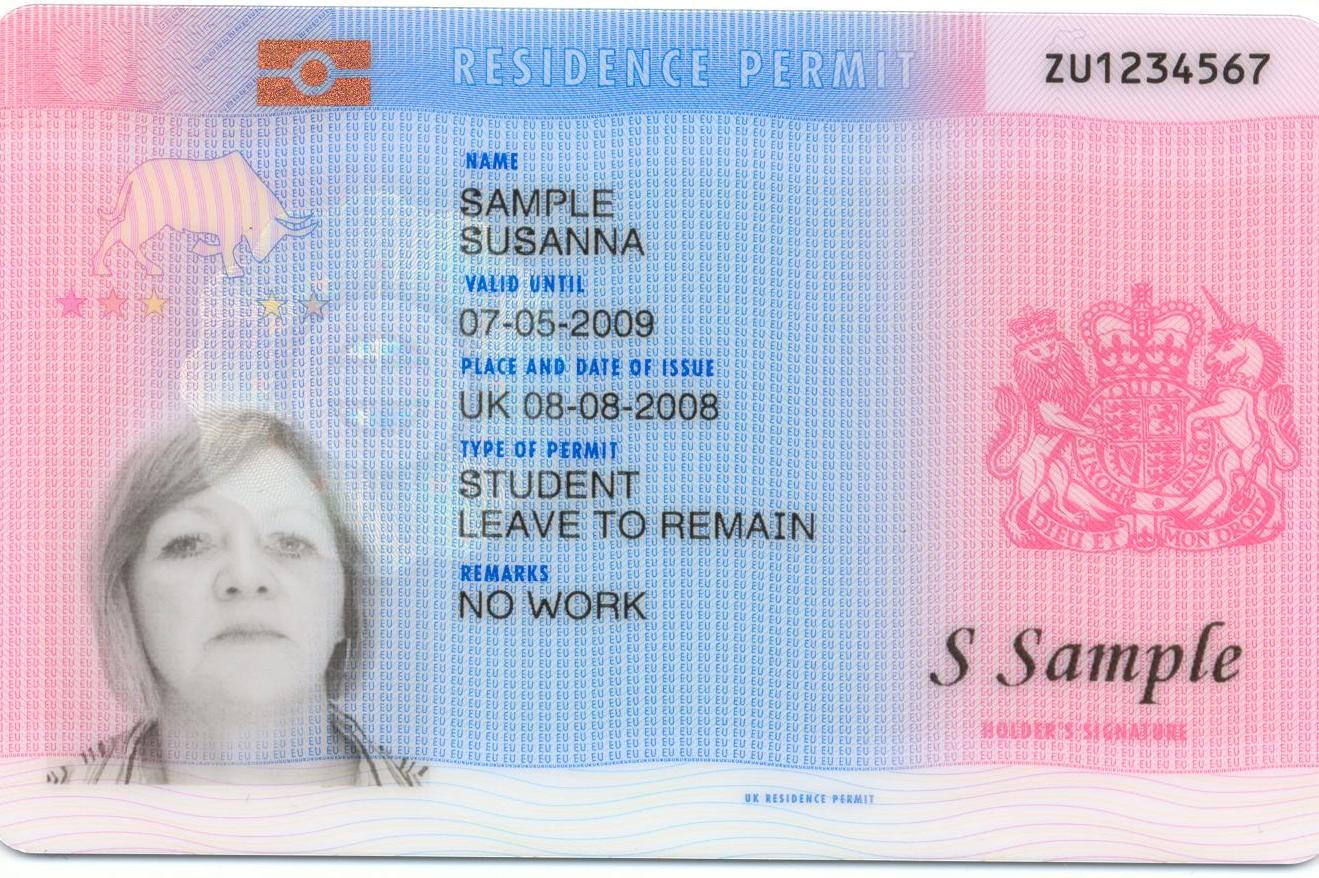Year in Review: Public Sector in 2009
We take a look at the big tech stories in the public sector for 2009.


This year saw the last full year of Gordon Brown's Labour Government before the next general election and technology played a key role in some of the biggest stories.
We take a look back at what happened with technology in the public sector throughout 2009.
The path towards a Digital Britain
The biggest technology story to have taken over the public sector this year is how to bring Britain up to date in the technological world we now live in.
The first part of the year was spent waiting for Lord Carter's Digital Britain report to be released. Although we knew most of what was to come, the report being made public also created quite a stir.
One of the major recommendations was to ensure everyone in Britain had access to a minimum of 2Mbps broadband by 2012.
During a year when big companies like Virgin Media and BT were trialling superfast broadband of up to 100Mbps and more, it sounded feasible but with ongoing problems in the UK's infrastructure, especially to serve rural areas, it is a waiting game to see if this will be achieved.
Get the ITPro daily newsletter
Sign up today and you will receive a free copy of our Future Focus 2025 report - the leading guidance on AI, cybersecurity and other IT challenges as per 700+ senior executives
Another recommendation came out as a more controversial topic. To pay for improvements to the infrastructure Lord Carter suggested a 50 pence monthly tax to be placed on landlines. Although the amount was relatively small, a number of critics came out against it including a very outspoken ISP, TalkTalk.
The Digital Economy Bill, born out of the Digital Britain report, is now going through the legislative process and has controversies of its own. The main is focused on Business Secretary Peter Mandelson's proposals to cut off illegal filesharers from the internet.
Both ISPs, MPs and consumers are lobbying against the move and thanks to Europe, users will not be able to be cut off without a full court procedure, which Mandelson's plans saw fit to leave out of the process.
The bill has only just had its second reading in the House of Lords so we will have to wait until 2010 to see the outcome.
Keeping an eye on ID cards
Many may have thought that ID cards had their year back in 2008 but 2009 has seen even more discussion, controversy and even some implementation on these contentious little bits of plastic.
The cards have already been implemented for Foreign Nationals but the looming thought of compulsory ID cards for all, storing more information on citizens in government databases made many increasingly feel at ease.
Summer saw the start of the pre-election warm up with the Conservatives claiming they would scrap the scheme if they were in power as more public bodies got on Labour's case.
So when party conference season came about Prime Minister Gordon Brown conceded and told the public ID cards would not become compulsory for UK citizens and the information needed for them would be reduced to that which was already on a passport.
A trial of ID cards began in Manchester late last month making them available to the public for the first time at a cost of 30 and the cards are due to roll out across the North West in January.
But the controversy has yet to die down, with Liverpool Council voting to ban the promotion of them within its own offices.
Seems like Brown and his cabinet have some way to go in convincing us these cards are the way forward.
Once more into the data breach
It doesn't seem that long ago that HM Revenues and Customs lost two disks in the internal post containing data of over 25 million people does it?
This was back in 2007 and since then a plethora of data loss stories have come into the limelight.
This year the local council seemed to become the biggest culprit. The month of May saw the turn of Leicester City Council, which lost an unencrypted USB stick containing personal information on 80 children from a council-run nursery.
Yet the council only got a slight tap on the wrist and was told by the Information Commissioner's Office to better train its staff.
Barely a month had gone by when in June Manchester City Council also lost valuable personal data in the form of two council-owned laptops from its Town Hall.
One of the laptops contained personal details relating to 1,754 employees at local schools and neither were encrypted.
Here the ICO went a bit further than training and insisted that Sir Howard Bernstein, Manchester City Council's chief executive, signed an agreement to ensure all laptops and other removable devices were encrypted from then on.
As the Summer ended, the Autumn scandals arose and this time north of the border in Scotland. In September, NHS Education for Scotland admitted to losing an unencrypted laptop which contained information on 6,000 medical trainee applicants.
The continuing loss of data and lack of security by public bodies has led to calls for Data Encryption laws similar to those in the US and Germany, forcing public bodies and companies to take the risks more seriously.
But we will have to wait and see what 2010 brings and whether government will listen to its critics.
Jennifer Scott is a former freelance journalist and currently political reporter for Sky News. She has a varied writing history, having started her career at Dennis Publishing, working in various roles across its business technology titles, including ITPro. Jennifer has specialised in a number of areas over the years and has produced a wealth of content for ITPro, focusing largely on data storage, networking, cloud computing, and telecommunications.
Most recently Jennifer has turned her skills to the political sphere and broadcast journalism, where she has worked for the BBC as a political reporter, before moving to Sky News.
-
 CISA issues warning in wake of Oracle cloud credentials leak
CISA issues warning in wake of Oracle cloud credentials leakNews The security agency has published guidance for enterprises at risk
By Ross Kelly
-
 Reports: White House mulling DeepSeek ban amid investigation
Reports: White House mulling DeepSeek ban amid investigationNews Nvidia is caught up in US-China AI battle, but Huang still visits DeepSeek in Beijing
By Nicole Kobie
-
 Government IT failures waste ‘billions’
Government IT failures waste ‘billions’News The Government is wasting billions in time and money thanks to IT failures, a report claims.
By Tom Brewster
-
 Government crushes ID card database
Government crushes ID card databaseNews The Government has crushed the ID card scheme database, putting the final nail in the coffin of the controversial initiative.
By Tom Brewster
-
 Q&A: The ID card commissioner talks cards and controversy
Q&A: The ID card commissioner talks cards and controversyIn-depth We spoke to ID card commissioner Sir John Pilling about his thoughts on the identity scheme and why we might all think he's a bit of prat down the line.
By Nicole Kobie
-
 Home Office brings ID cards to London with youth push
Home Office brings ID cards to London with youth pushNews The Home Office has said young Londoners will be able to get an ID card from 8 February.
By Nicole Kobie
-
 ID cards spread across North West
ID cards spread across North WestNews After rolling out in Manchester, the identity card scheme is coming to Cheshire, Merseyside, Lancashire and Cumbria.
By Nicole Kobie
-
 Liverpool council votes against ID cards
Liverpool council votes against ID cardsNews Liverpool City Council has made it clear it's not a fan of ID cards, banning them from its own offices.
By Nicole Kobie
-
 ID cards arrive in Manchester from 30 November
ID cards arrive in Manchester from 30 NovemberNews Mancunians are the first to be able to generally register for the controversial ID cards.
By Nicole Kobie
-
 10,000 register for ID cards
10,000 register for ID cardsNews Just 10,000 Brits have shown an interest in getting an ID card, but the Home Office thinks it's a positive sign.
By Jennifer Scott